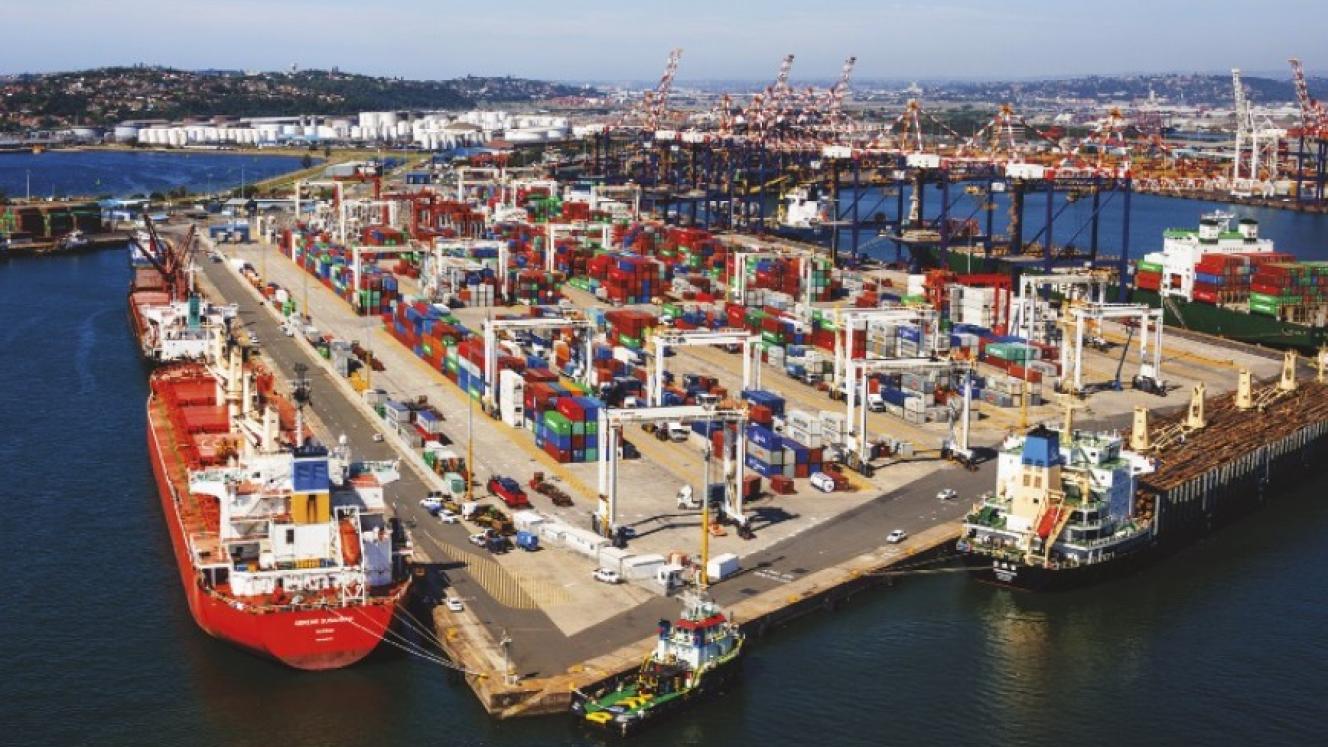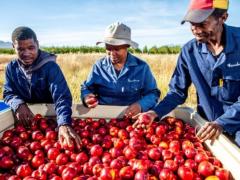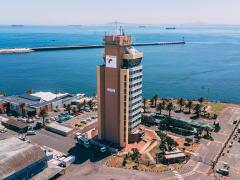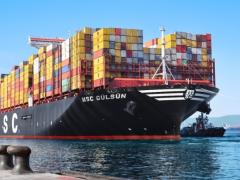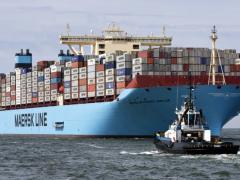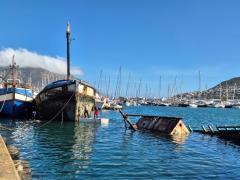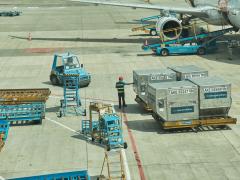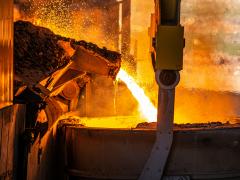Global warming could be turned to Africa’s advantage, with the continent developing industries based on renewable principles and the circular economy.This opportunity was first highlighted by the United Nations Economic Commission for Africa which states in its “Economic Report on Africa 2016: Greening Africa’s Industrialization” that “green industrialisation is the only way for Africa...it is a precondition for sustainable and inclusive g row th ”.According to the available statistics, the African manufacturing sector contributes 10% to the continental gross domestic product, compared to 20% in Asia. Special Economic Zones (SEZs) in their various forms are seen as the engines required to power African industrialisation or reindustrialisation.It is estimated that there are close to 300 SEZs in Africa, around 210 of which are operational and the rest under development.The African Economic Zones Organisation (AEZO) has identified a number of challenges which are preventing African SEZs from meeting their industrialisation potential.In its latest annual report, AEZO lists insufficient development of logistic corridors, and a lack of the market intelligence needed to identify business opportunities for existing and potential tenants in SEZs.Other challenges include weak infrastructure and governance, lack of expertise and skill sets to adhere to international standards, and the lack of a supportive digital infrastructure.AEZO estimates that $150 to $170 billion is needed to bridge the African infrastructure gap, without which logistics costs will continue to hinder intra-African trade.The organisation lists industrialisation “launchpads” as agro-processing, manufacturing (particularly pharmaceutical products), green transition, and adding value to minerals.Despite the challenges, AEZO is upbeat about the prospects for African industrialisation.“All factors point to Africa being the next economic powerhouse of the world.“Africa is at the cusp of the upcoming industrial revolution, driven by green industrialisation and digitisation, powered by impactful investments.”To realise this potential, “African SEZs should move beyond mere competition and focus on building a collaborative framework that fosters knowledge transfer, peer-to-peer learning, and technical cooperation in the design and implementation of sustainable SEZ projects”. While governments are focusing on large-scale SEZ developments, African entrepreneurs are busy getting on with the job.According to Hinh Dinh of the Moroccan Policy Centre for the New South, there is evidence that African deindustrialisation has been reversed over the past decade by micro, small, and medium-sized enterprises, which are creating more jobs than big business.“Solely adopting traditional export-oriented industrialisation through foreign direct investment (FDI) will not adequately address critical employment concerns, considering Africa’s predominantly young population.“Conversely, only expanding indigenous, informal economic activities to accommodate the growing labour pool will not bolster long-term economic growth, especially as advanced manufacturing technologies have become more capital-intensive and require specific skills,” he wrote in a recent research paper.African governments will need to rethink their economic strategies and policies to achieve that. ER
